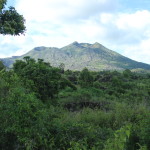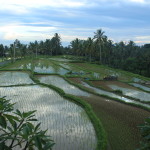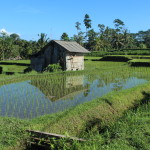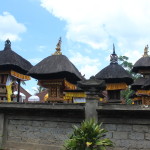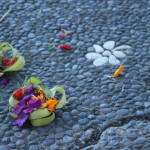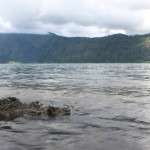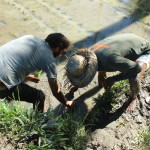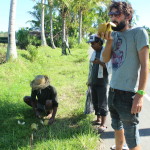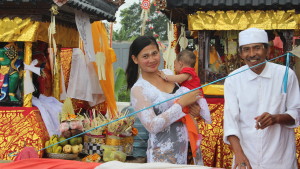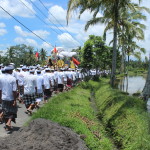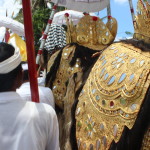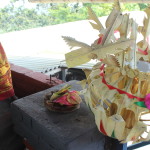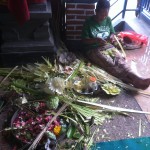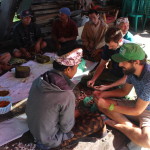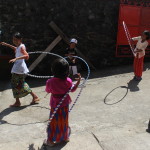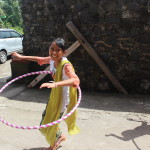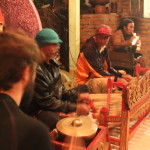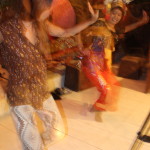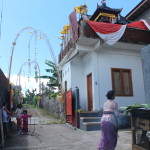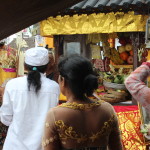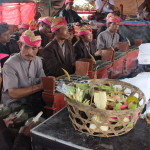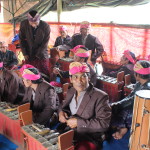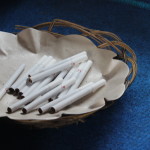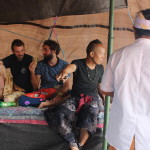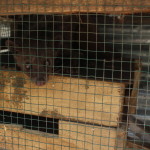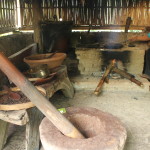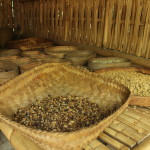Australian tourists have long loved Bali. A tropical island paradise only a stone’s throw away from the isolated land down under.
Unlike other Australians, Bali has not been on the top of my travel list. Rather I’ve been avoiding it like the plague. Its the long history of debauchery, sex, alcohol and drug tourism for which Australians have been famous for in Bali.
The common question “Where are you from?” is always answered with “Australia. And I am sorry for what Australians have done to Bali.”
But outside of the common tourist spots, the real Bali exists and thrives.
The real Bali is adorned with landscapes of volcanic peaks, dense tropical forests, agricultural fields and coasts of harbours and fishermen. Littered with hindu temples and with offerings to the gods, spirits and ancestors. It is colourful and culturally rich in arts and music.
The Balinese people are kind, friendly, open-minded and extremely hospitable. The Balinese greet you with a warm smile that extends from ear to ear. A walk in the village opens invitations to join planting rice in the fields and rewarded with a fresh young coconut. And if you open your heart to the Balinese, they will invite you to their homes and their family.
We were lucky to meet Papa Jero from Wanagiri (wana translates to forest; giri meaning mountains) just a few kilometres north from Bedugul. He invited us to stay in his family’s home for 5 days and participate in the preparations and celebrations of Galungan & Kuningan.
Galungan & Kuningan are important Balinese holidays. They occur approximately every 210 days and mark the victory of dharma over adharma, good over evil. It is also the time when the ancestral spirits visit the Earth. Processions occur in every village. We ran into a procession in the village of Duyuk, a few kilometres south of Tegallalang.
We spent the days preparing meals, offerings and feasts for the gods, ancestral spirits and family.
We also passed time playing with the kids, and as always, my hula-hoops are a success 🙂
We spent the evenings learning the basics of gamelan and balinese dance.
The day of Kuningan (20 February 2016) is marked with joy and sorrow as families pay their final respects to their ancestors and bid them farewell. Temples which house the spirits are covered in a mountain of offerings such as fruit, sacrificial pigs, decorations, flowers, incense and money. Traditional Balinese gamelan is played as prayers and processions follow. Breaks are made to eat, drink coffee, tea and local rice wine, and who could forget the special mention for cigarettes. After all is said and done, the family shared the fruit and food offerings.
On a side note, coffee culture is big in Bali. Especially for one of the most expensive coffee in the world, civet coffee (Bahasa Indonesian = Kopi Luwak). It is brewed from the partially digested coffee beans eaten by the Asian Palm Civet (Paradoxurus hermaphroditus). Papa Jero also housed a luwak, and offered us an endless supply of it during our stay.
After only a week, I can say that I simply adore Bali. I can’t wait to come back.
